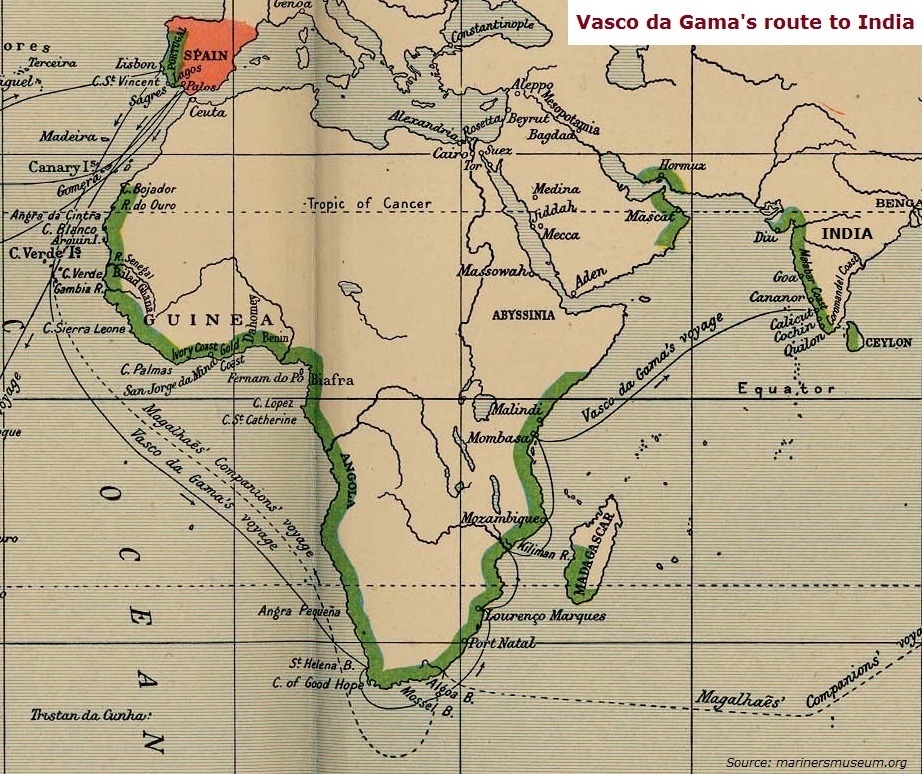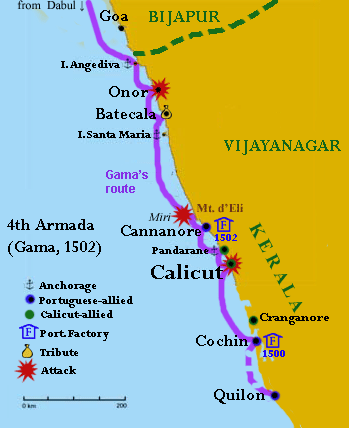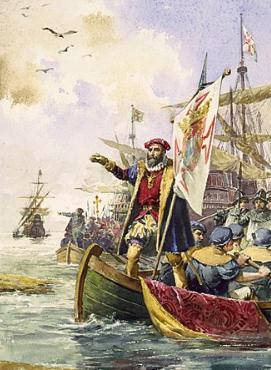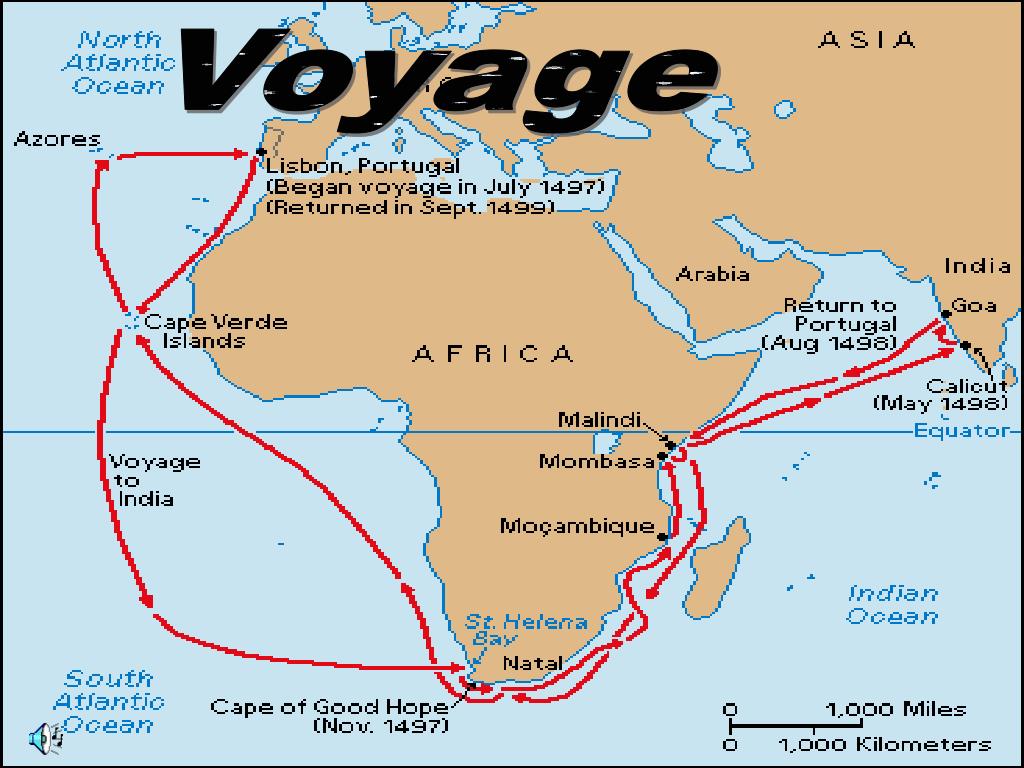
Lisbon rang with the hammer blows of African slaves working forges to make anchors, arms, and ammunition. The African trade now promised real profits, and the new king acted quickly to shore up his watery empire. The year before hostilities had erupted with Castile, the crown had taken back control of the discoveries after its brief flirtation with free enterprise. The outraged nobles plotted to overthrow him, and one by one their heads rolled. When the twenty-six-year-old king found his coffers virtually empty, he lost no time in hacking away at their privileges. Many of those victims were prominent aristocrats who had accrued broad powers at the crown’s expense. As intelligent as he was ruthless, he would become known as the Perfect Prince, though his victims termed him the Tyrant. He was the very picture of a modern Machiavellian ruler: driven by grand ambitions beyond ordinary men’s ken, and not overly fussy about how to fulfill them. If Afonso had embodied one side of his uncle Henry’s character-his Crusading zeal and his love of chivalric tradition-King John II was the apotheosis of Henry’s other side. John had been king for less than a week when his father, who had changed his mind, returned home, and his official ascension to the throne was postponed until Afonso died in 1481. Joan took herself to a nunnery Afonso fell into a deep depression, wrote to his son John abdicating the throne to him, and began to plan a pilgrimage to the Holy Land. Portugal’s warships made short shrift of them, but Afonso’s military maneuvers on land petered out amid an unusually cold Spanish winter, while Joan’s coalition fell apart when the pope, who had initially supported her claim, switched sides and annulled her marriage. The Castilians sent their fleets to pillage the African coast, an activity they had anyway been surreptitiously engaged in for some years. War broke out between the neighboring nations and quickly spread to the Atlantic. Joan’s backers hastily arranged her marriage with her uncle, and Afonso proclaimed himself the lawful king of Castile.

When Henry died in 1474, rival factions proclaimed both Joan and Isabella queen.


Isabella had eloped at age seventeen with her cousin Ferdinand, heir to the crown of Aragon, but at least her blood was pure blue. A large part of the Castilian nobility revolted at the notion of the Beltraneja becoming their queen and threw their support behind Henry’s stepsister Isabella. Henry was also known as the Impotent, and Joan’s real father was widely believed to be a nobleman named Beltrán de la Cueva, a scandal that saddled her for the rest of her life with the nickname La Beltraneja.

Joan’s mother-Afonso’s sister-was married to King Henry IV of Castile. IN 1475 THE forty-three-year-old King Afonso of Portugal married his thirteen-year-old niece, Joan of Castile.


 0 kommentar(er)
0 kommentar(er)
